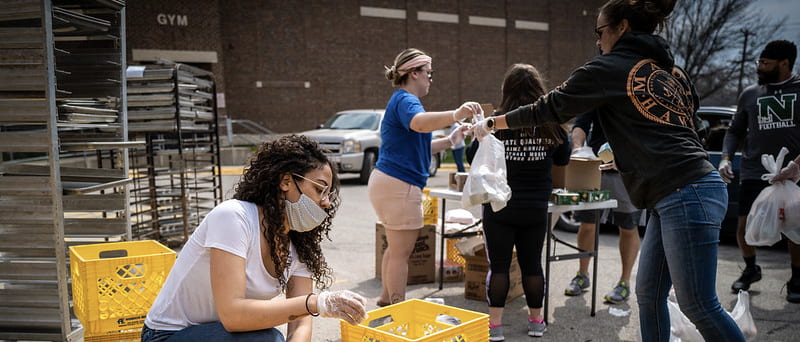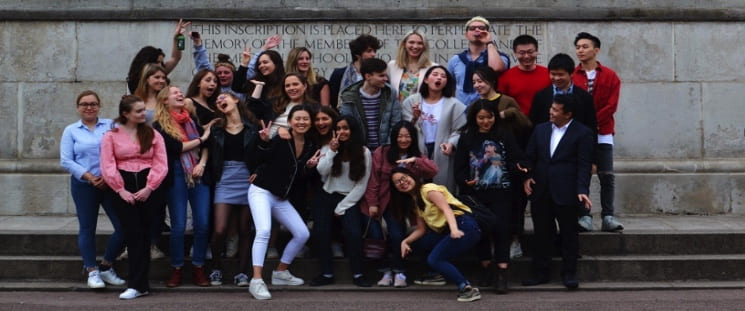Social capital: in the days of Covid-19, good neighbours keep their distance
By Blog Editor, IOE Digital, on 18 May 2020
Francesca Borgonovi and Elodie Andrieu.
In Bowling Alone, Robert Putnam illustrated the decline of social capital in the United States and traced it to changes in how individuals spend time at work, family and leisure – alone. According to Putnam, when people bowl alone (it was always such a sociable sport), community spirit is lacking and individuals in these communities suffer.
Although close physical social relationships allow Covid-19 to spread, ‘social capital’ – the resources and benefits people receive through their connections with others – may be significant in determining if and to what extent communities implement behavioural changes aimed at halting the spread of the virus. This is crucial, because in the absence of vaccines or effective drugs to treat Covid-19, public health measures have been directed at preventing SARS-CoV-2 contagion by reducing interpersonal physical contact and by promoting the use of protective measures when such contact occurs.
Those with high levels of social capital tend to be ‘good citizens’, active in their communities, helping neighbours, voting. Our research is providing early evidence on (more…)
 Close
Close




